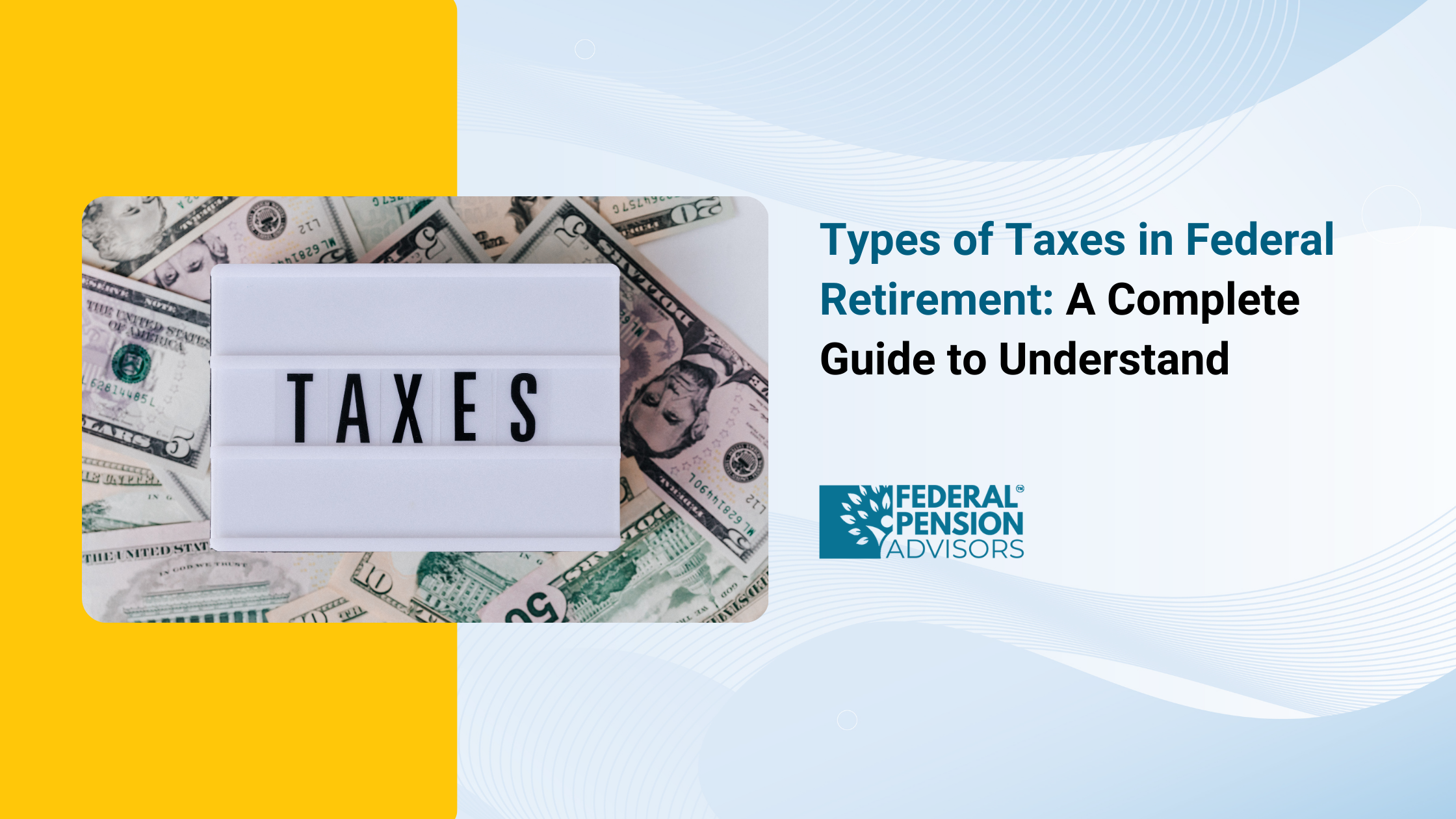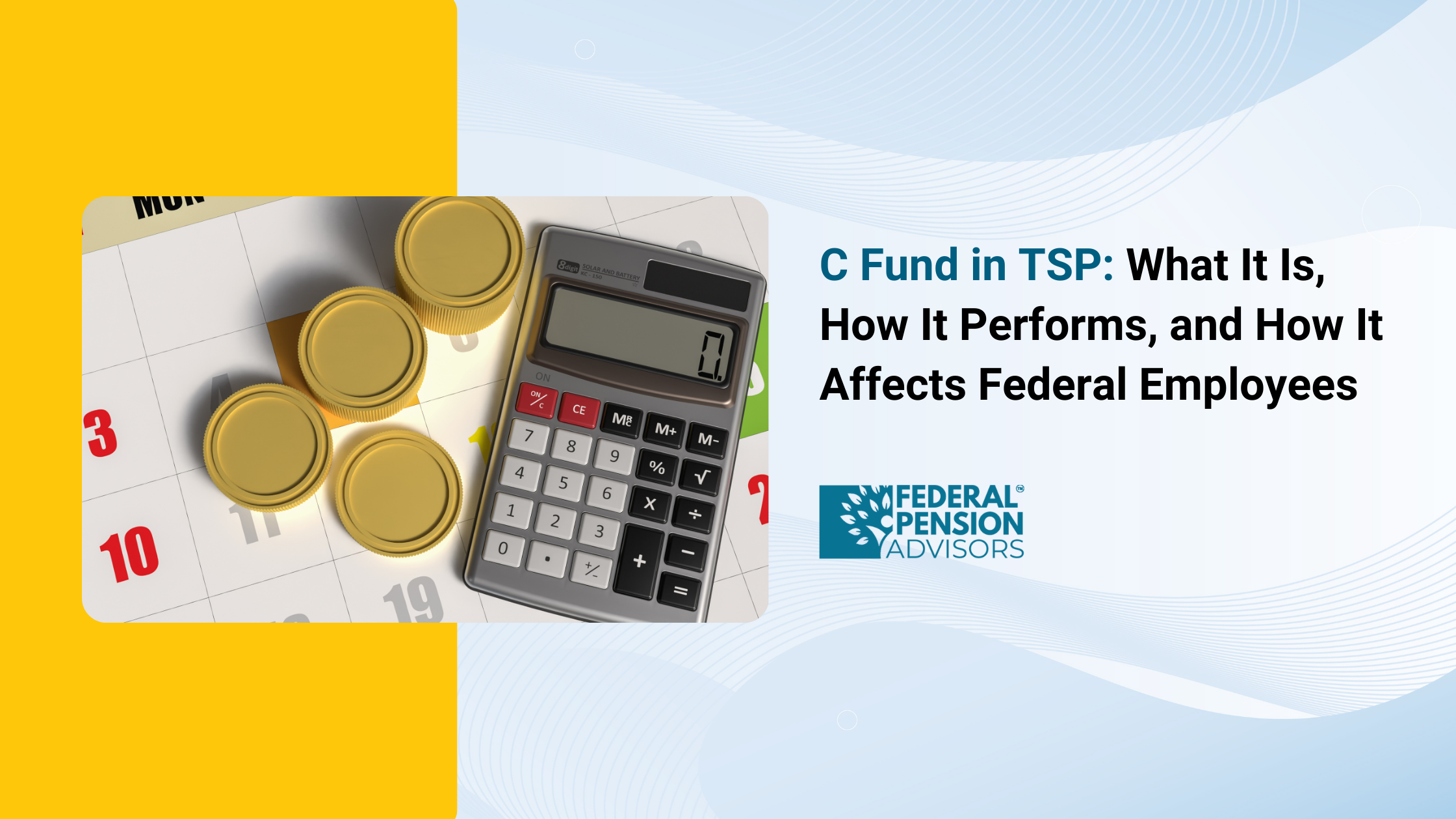You’re not alone; 4,359 federal employees booked their free review.

Federal Pay Raise 2026: No Increase, Major Compensation Reforms, and Budget Impacts
In 2026, federal employees will not receive a general pay raise, as outlined in the latest White House budget proposal. While the absence of a cost-of-living increase dominates headlines, it’s far from the whole story. Behind the scenes, a sweeping bipartisan bill is advancing through Congress that could redefine how federal pay is structured. Meanwhile, the broader federal budget outlines flat or reduced funding across agencies like the Department of Defense (DoD), State Department, and GSA, suggesting deeper structural changes are underway.
This blog has been updated to - Federal pay raise 2026
Key Elements of the New Bipartisan Compensation Reform Bill
The reform bill proposes to modernise federal compensation by shifting away from traditional systems that have long constrained recruitment and retention.
Highlights Include:
- Merit-Based Pay Adjustments: Raises could be linked to performance rather than tenure alone.
- Modernised GS Classification: The outdated General Schedule would be updated to better reflect contemporary job functions and align more closely with private-sector norms.
- Hiring Flexibility: Agencies would gain more freedom to offer competitive salaries and streamline pay scales.
This reform aims to address key inefficiencies and inflexibilities in the current federal pay structure.
Federal Pay Raise 2026: Confirmed Freeze Amid Budget Pressures
The 2026 federal pay raise has been officially frozen. The Biden administration cites growing fiscal constraints and budget realignment as primary reasons. However, the decision has prompted criticism from employee unions who warn it may further erode the value of federal compensation in the face of inflation.
The reform bill, if passed, could introduce performance-based pay increases in lieu of across-the-board adjustments in the future.
"2026 pay freeze is here your paycheck’s buying power is already shrinking.
Act now to safeguard your benefits before it’s too late."
Wider Federal Budget Impacts: Cuts, Flat Funding, and Agency-Level Changes
The budget proposal introduces several significant agency-level changes:
- Defense Department Budget: The DoD’s FY 2026 budget request stands at $848.3 billion virtually unchanged from FY 2025. This flat funding restricts the launch of new military programs and limits room for personnel expansion or compensation upgrades. It suggests an era of strategic restraint rather than growth.
- State Department Layoffs: The State Department may face imminent mass layoffs, stemming from deep operational funding cuts. These layoffs could significantly affect diplomatic capacity, overseas staffing, and service delivery in embassies.
- General Services Administration (GSA): GSA is adjusting its policies to align with the federal workforce’s shift toward hybrid work. This includes repurposing office space, consolidating leases, and initiating large-scale building downsizing in D.C. Such changes are intended to reduce overhead and reflect the decreased need for in-person office occupancy.
- Government Watchdog Cuts: Substantial budget reductions are being proposed for a key government watchdog agency. Critics argue these cuts may compromise oversight and reduce transparency in federal operations. Watchdog bodies play a crucial role in holding agencies accountable budget shrinkage could hinder their effectiveness.
These adjustments represent a more conservative fiscal direction with real implications for federal staffing, program delivery, and agency operations.
Also read - COLA for 2026
President Trump is expected to issue alternative pay plan letter
What Federal Workers Should Anticipate from the Proposed Changes
If the bill passes into law, federal employees may see the following transformations:
- Greater Emphasis on Individual Performance: Raises and promotions could depend more on merit.
- Flexible Salary Bands: Agencies may tailor salaries for competitive fields like cybersecurity and STEM.
- Career Progression Based on Market Demands: Pay ladders could evolve in line with output, skill sets, and job complexity.
These changes could significantly reshape compensation for roles that have traditionally been underpaid within government systems.
Concerns from Employee Advocacy Groups
Organisations such as AFGE and NTEU have voiced strong concerns:
- Fairness in Implementation: Without clear standards, performance-based models may lead to inconsistent or biased decisions.
- Inequities Across Agencies: Budget disparities could widen gaps in compensation and morale.
- Job Stability Questions: Enhanced managerial discretion may compromise traditional federal job protections.
What’s Next: Legislative Pathway and Potential Timelines
The bill has passed through committee and awaits further votes in the House and Senate. If approved, reforms could begin rolling out in late 2025 or early 2026.
Meanwhile, employees should prepare for a transitional year marked by both financial restraint and structural overhauls in federal pay practices.
Conclusion: No Raise, But a Reshaped Federal Workforce in 2026
While there is no federal pay raise in 2026, major changes to how federal employees are compensated are advancing. The bipartisan bill represents a potential long-term overhaul in pay, performance evaluation, and hiring. At the same time, flat budgets and possible agency-level layoffs signal a year of constraint and transition.
Federal employees must watch these developments closely not just for their paycheques, but for how their careers and agencies may evolve in response to this pivotal 2026 landscape.

FAQs
Will federal employees get a pay raise in 2026?
No. The proposed 2026 budget includes no general federal pay increase for federal employees.
Why did the federal government freeze pay in 2026?
Fiscal discipline and shifting budget priorities were cited as reasons for the freeze.
What’s changing under the new compensation reform bill?
The bill proposes merit-based raises, updated job classifications, and more flexibility for agencies to set competitive salaries.
How will agency budgets impact jobs and hiring in 2026?
Layoffs, particularly at the State Department, and constrained budgets at agencies like DoD and GSA may affect hiring and retention.
Will changes to compensation affect retirement planning?
Yes. Since federal pensions are based on the high-3 average, any shift in base pay could impact retirement calculations.


Get Updated
Subscribe to our weekly updates for the latest on retirement planning, federal benefits, exclusive webinars, and more!
Download Federal Retirement: Step-by-step Checklist
This comprehensive guide will help you understand your federal benefits, optimize your savings, and plan for a comfortable future.



.png)








